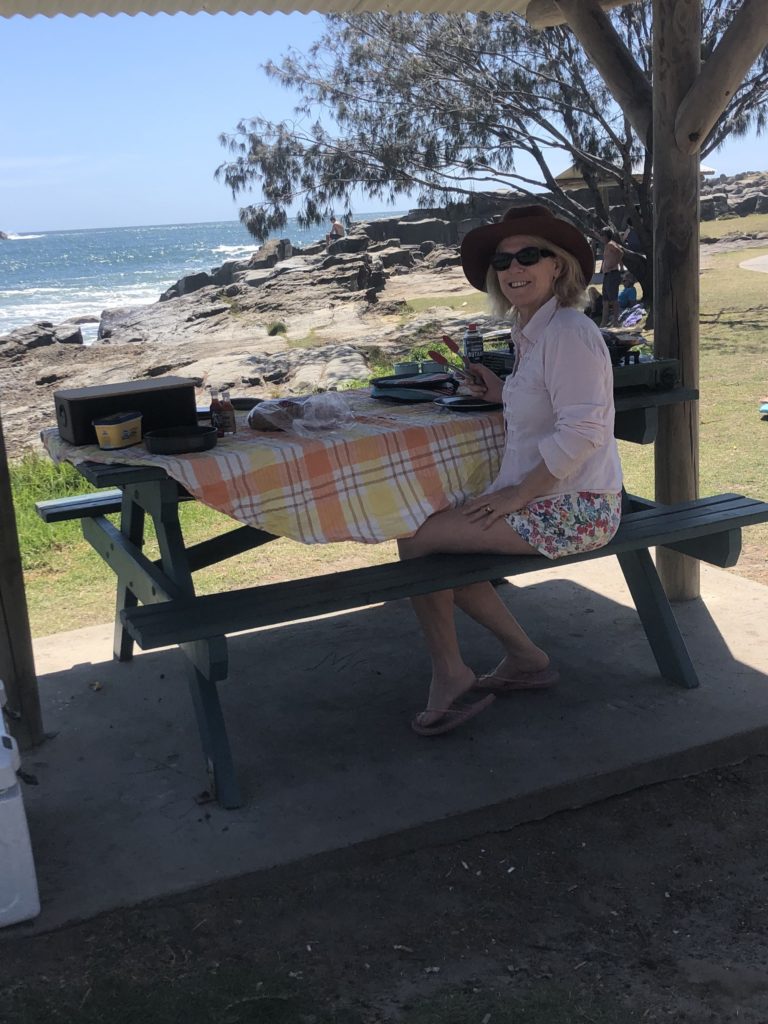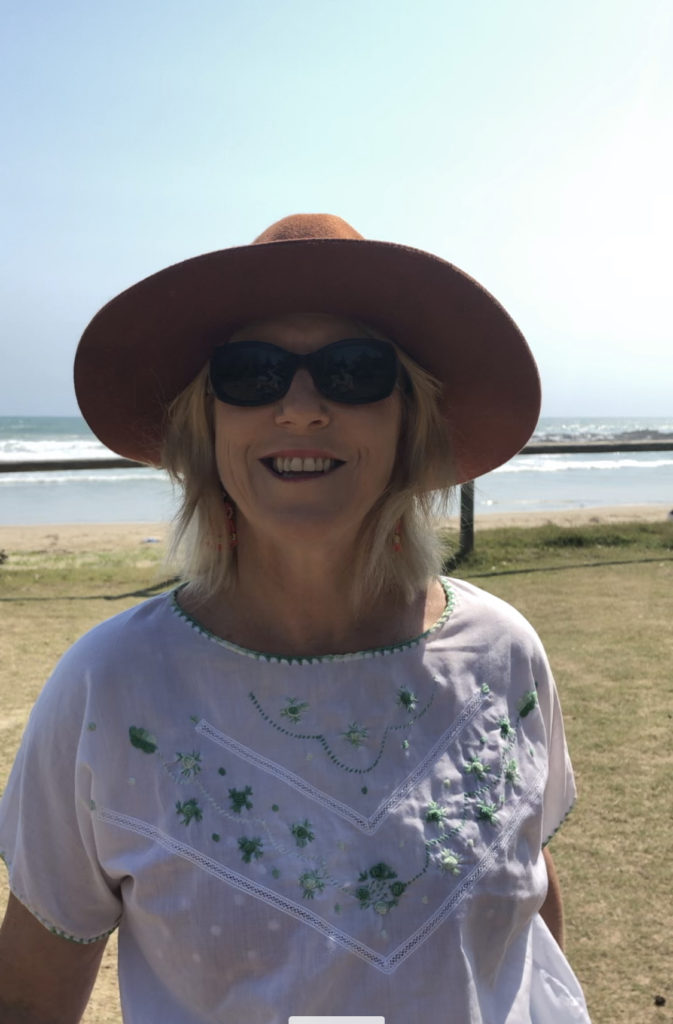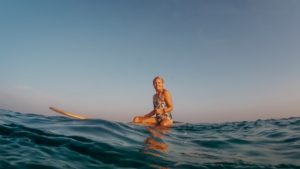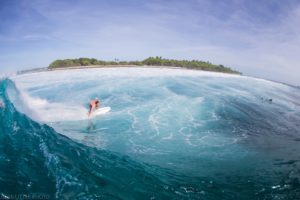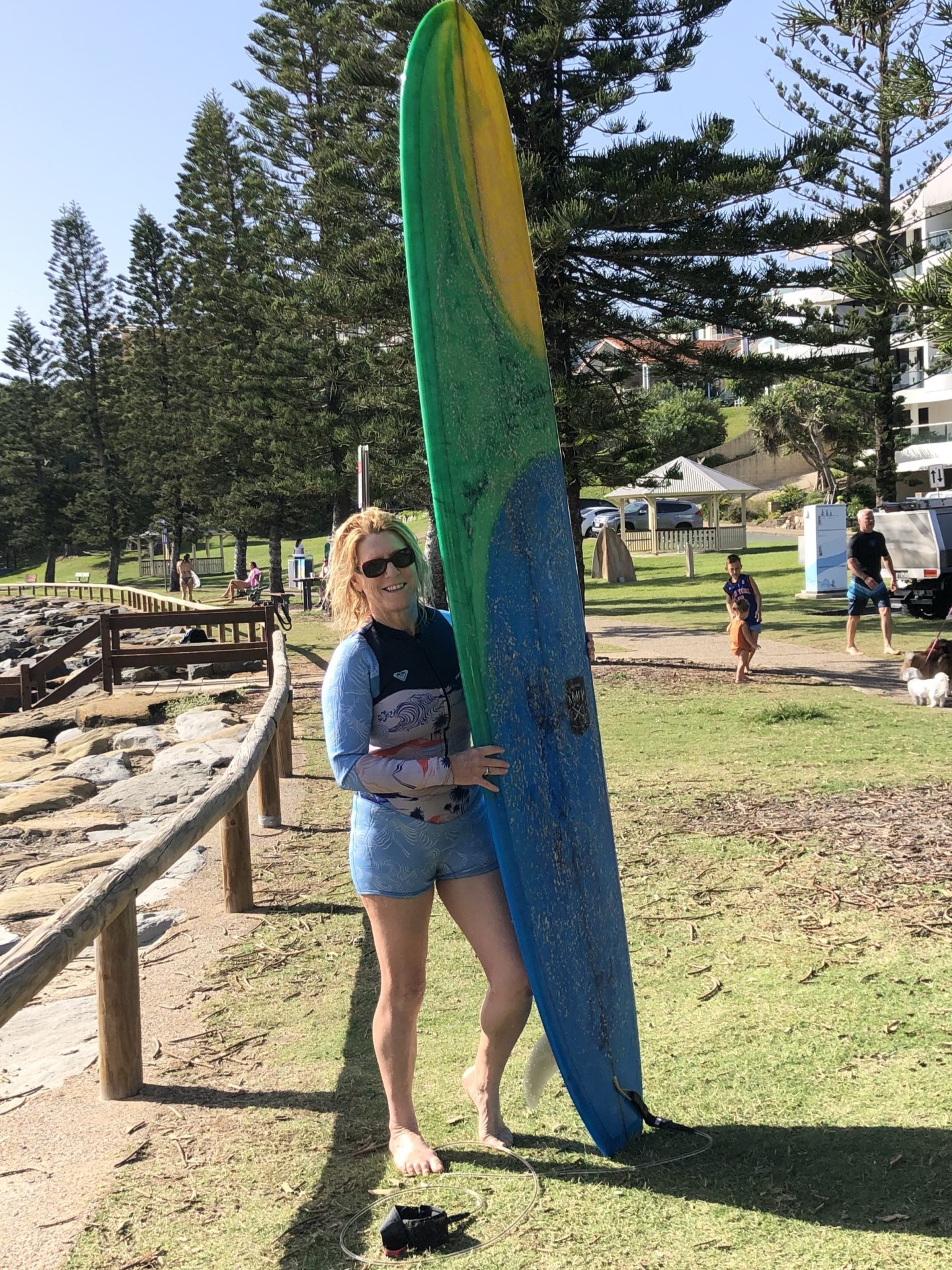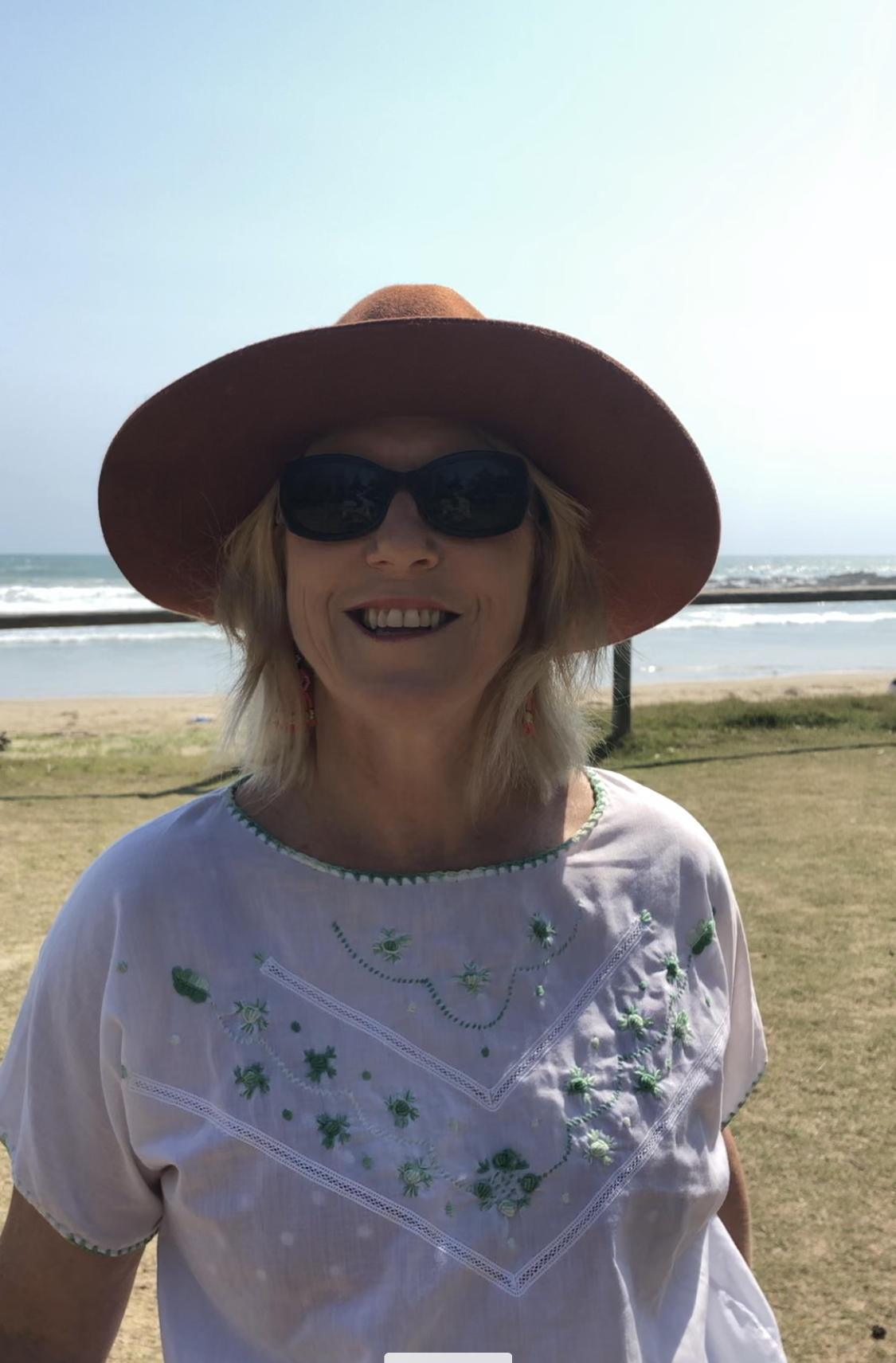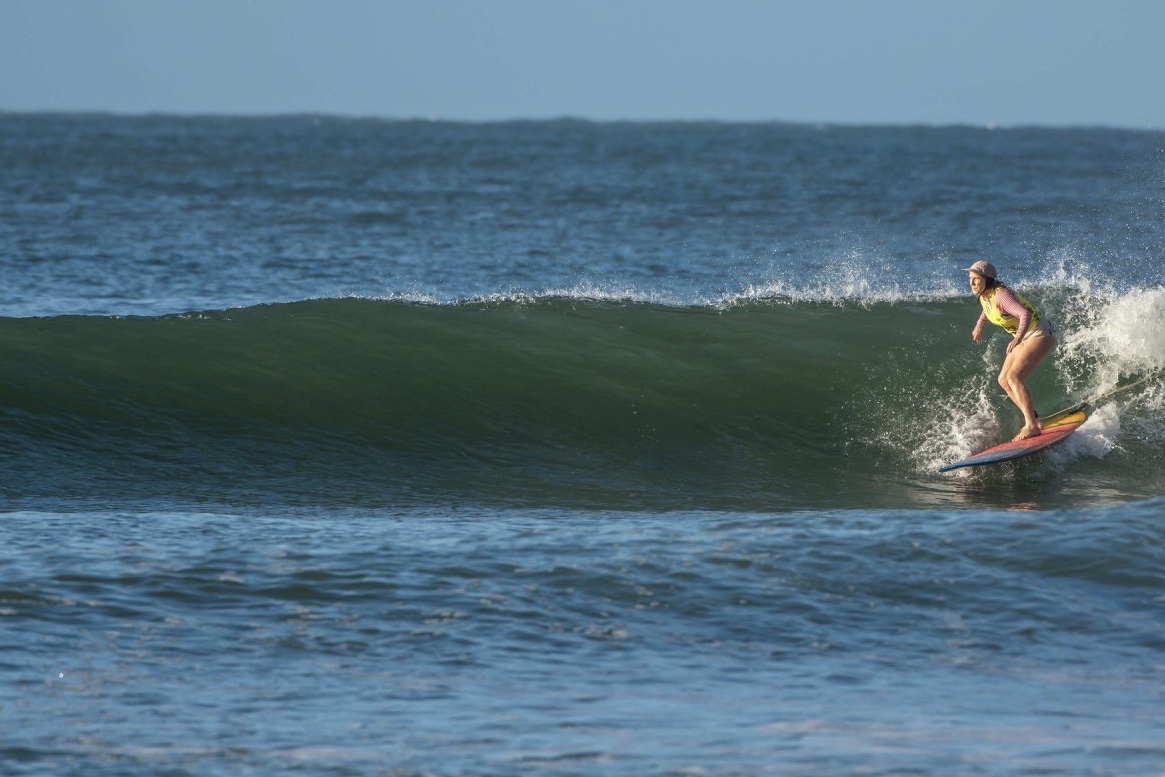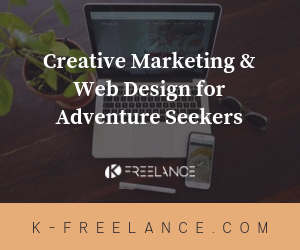
Episode 50: Meet Julia Colangelo- Educator, Speaker, Flow Researcher, and Surfer
place to live.
In this episode, Julia brings us deep into the concept of flow- what it is, when does it happen, how to achieve it, and how to integrate it into our life so we can release all the burnout and anxiety. She also inspires us to stretch our capacity as far as we can. There’s no time limit to the possibilities we can have and flow is the path to get us empowered.

